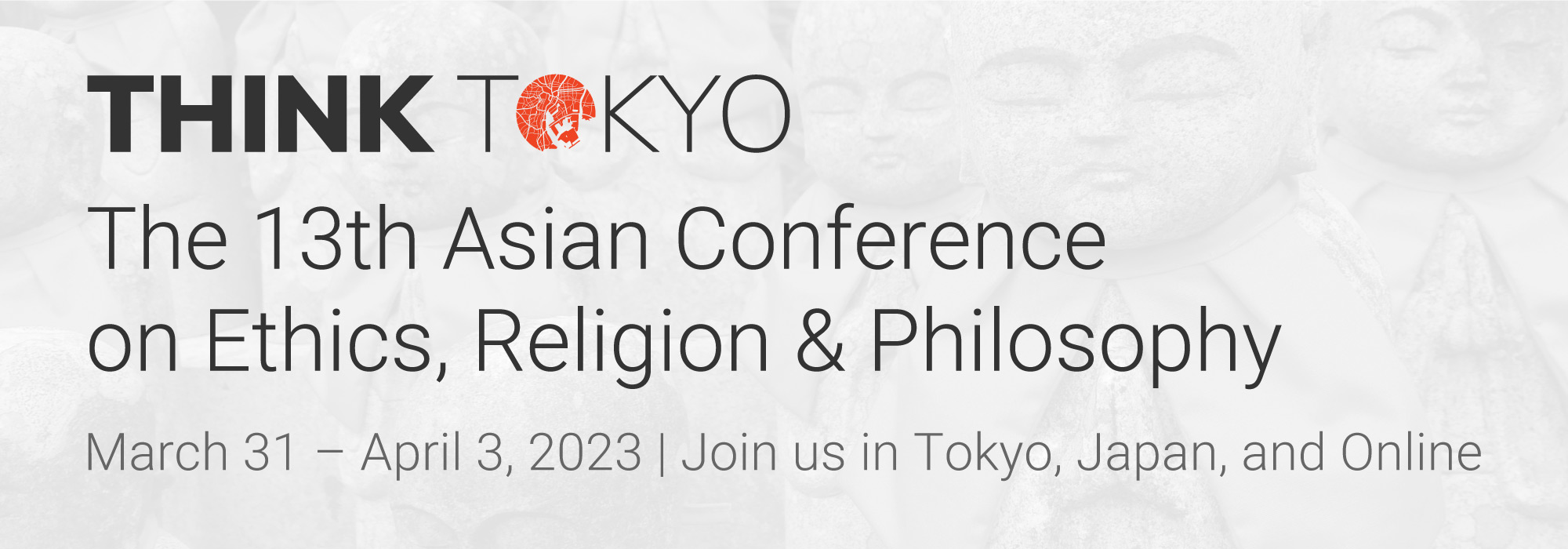The Intersection of Social Locations in Asian American Couples: A Qualitative Inquiry (68315)
Session Chair: Md Ashraful Kabir
Saturday, 1 April 2023 10:45
Session: Session 1
Room: Room 703
Presentation Type:Oral Presentation
Individuals’ social locations including gender, socioeconomic status, ethnicity, sexual orientation, spirituality, and vocation define their social position and status in a given society and culture. These also create social inequalities among individuals in relationships. The complexity of couple dynamic is likely to create an interpersonal hierarchy between husbands and wives. Research consistently shows that couples’ relational processes are ubiquitously intertwined, and that their social location matters. Based on subjective values associated with different social locations, the interlink of various locations between husbands and wives in a marital relationship could construct uneven martial power dynamics, whereby the unequal power is produced, reproduced and or transformed through day-to-day interaction.
The study used the intersectionality approach to provide a theoretical frame to understand how interlocking locations of gender, socioeconomic status, ethnicity, sexual orientation, spirituality, and vocation shape and transform relational outcomes within the cultural and dominant discourses in the context of marital relationships. A qualitative study was conducted to investigate the lived experiences of 20 Asian American couples with young as they negotiate identity and roles in early parenthood within the context of their social locations. The thematic analysis highlighted collectivist cultural values and spirituality as significant in guiding how partners understand identity and negotiate relationship roles in marriage. The intersection of various social locations challenged traditional husband and wives' roles and gender expectations for wives. Implications for Asian American couples, and for the application of intersectionality theory to diverse populations will be discussed.
Authors:
Karen Quek, California State University, United States
Christie Eppler, Seattle University, United States
Natalie Wei-Mun Hsieh, Fuller School of Psychology, United States
About the Presenter(s)
Dr Karen Quek is a University Associate Professor/Senior Lecturer at California State University, Dominguez Hills in United States
See this presentation on the full schedule – Saturday Schedule





Comments
Powered by WP LinkPress